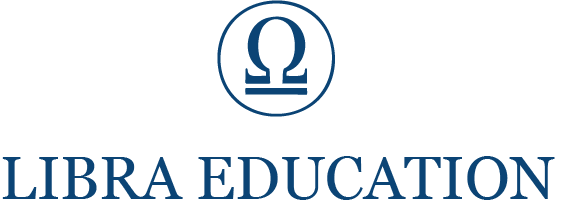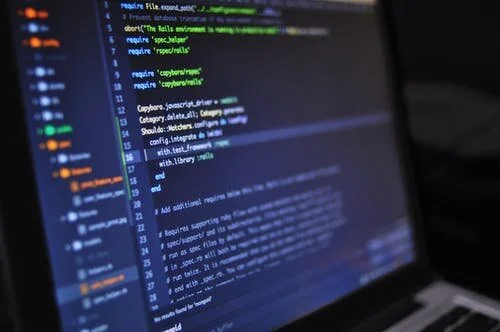Senior Computer Science - Python Coding
Senior Computer Science - Python Coding
This course is an introduction to Python programming, covering the basic principles of coding at GCSE. Students are coached on how to respond to scenarios with practical tasks for writing and testing programs. This course is suitable for a student with no experience of Python coder as well as a young programmer still developing their skills with other students in a small group.
We are offering a 20% early-bird discount if you sign up before the end of March 2021.
Course dates: Monday 19th of July - Friday 23rd of July.
10:00am-12:15pm (UK time)
Register your interest. Pay by other methods. Speak directly to a consultant.
Python Coding
Develop your Python coding skills through programming tasks and creating your own project.
The course is designed for secondary school aged students (13-18) years old.
Course timings and dates:
Monday 19th of July - Friday 23rd of July.
10:00am-12:15pm (UK time)
The first session each day is from 9am-10am followed by a short break. The second session of the day begins at 10.15am and finishes at 11.15am.
The maximum number of students within each group will be 4 students.
Course requirements:
A desktop computer with good internet access (Windows, Apple Mac or Linux).
Python 3 installed https://www.python.org/downloads/.
Zoom with permissions enabled for students to share screen and seek remote support.
Learning outcomes: By the end of the course, the student will have:
Improved their understanding of the Python programming language;
Increased their ability to code functions; and
Developed a creative project to demonstrate their grasp of Python.
Course structure
Students will complete two sessions per day
Session 1:
Students introduced to course goals. Students provided with coding challenge tasks to assess their ability in coding with Python, beginning with a script challenge.
Session 2:
Students are coached on the key concept of variables as well as Inputs and Selection before they apply their knowledge through creating a text adventure.
Session 3:
Students are coached on how to give their text adventure greater interest and depth through expanding their use of inputs and using “if statements” within “if statements”.
Session 4:
Students are introduced to using subroutines with opportunities for students to practice basic subroutines and returning values from subroutines.
Session 5:
Students are introduced to the key concepts of iteration, loops and multipliers.
Session 6:
Students learn about the different types of validation and the importance of boundary data before producing their own program which tests the data being input.
Session 7:
Students are introduced to how arrays can be used to hold sets of data for tasks in Python before creating their own arrays with and without content.
Session 8:
Students being their project as a group through discussing what programming features are needed to cover the work in each section.
Session 9:
This sessions focuses on recapping student projects from the previous session before continuing with problem solving and debugging.
Session 10:
Students will showcase and evaluate their projects before discussing next steps for continuing to develop their coding.

